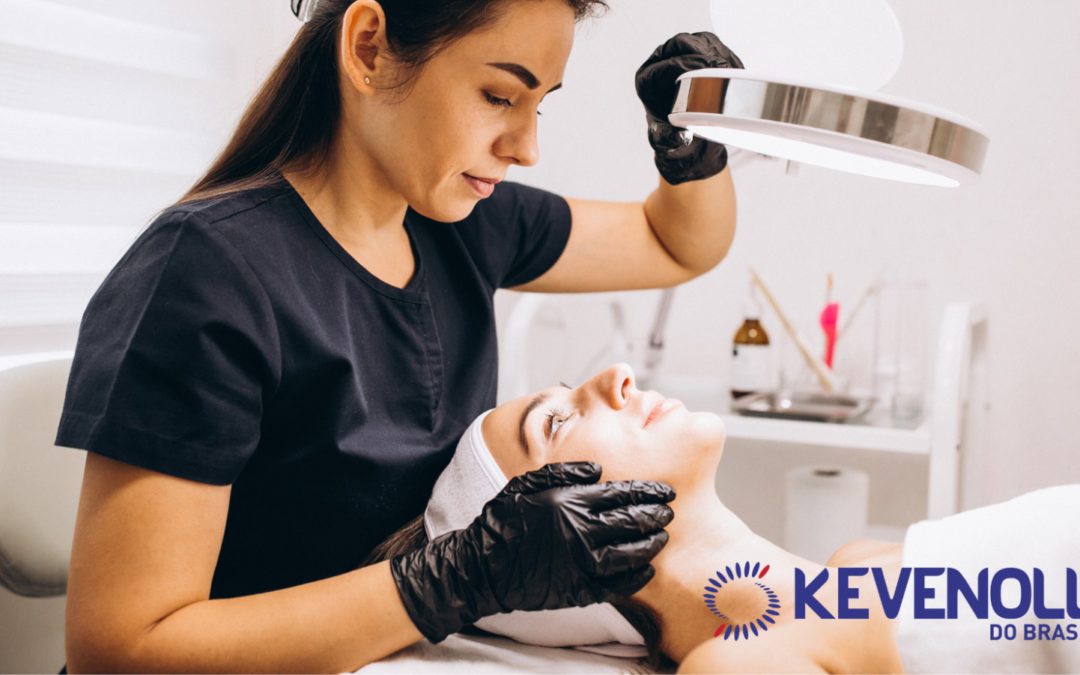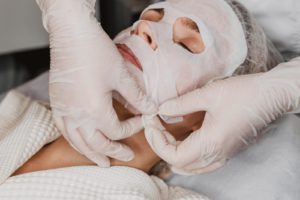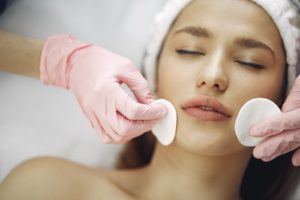Gloves are essential personal protective equipment (PPE) in many professional areas. While typically associated with healthcare professionals, non-medical gloves play an important role in worker safety and protection across a wide range of industries.
See what they are below:
Aesthetics Sector: In the area of aesthetics, gloves play a key role in ensuring safety and hygiene during aesthetic procedures. Professionals who deal with treatment, makeup application, waxing and manicures/pedicures, for example, need to protect their hands and also prevent the transmission of bacteria and infections to clients. Disposable latex, nitrile or vinyl gloves are widely used in this sector, providing a protective barrier between the chemicals used on the professional’s and client’s skin.
Construction Industry: In the construction industry, workers are exposed to a number of hazards including abrasive materials, sharps and chemicals. Nonmedical gloves, such as leather, latex, or nitrile gloves, provide protection against cuts, punctures, abrasions, and hazardous chemicals. They help prevent hand injuries and allow the worker to perform their tasks safely.
Industrial sector: In the industrial sector, where activities such as material handling, machine operation and chemical work are carried out, non-medical gloves play a crucial role in preventing injuries. Chemical, thermal or antistatic resistant gloves are used to protect against high corrosive substances, temperatures and electrical discharges.
Cleaning and hygiene services: Cleaning and hygiene professionals also need proper gloves to protect their hands from harsh chemicals, germs and contamination. Rubber, nitrile or vinyl gloves are commonly used in these industries, allowing workers to perform their tasks hygienically and safely.
Tattoo sector: Gloves in this sector are essential to ensure the medical safety of both the tattoo artist and the client. During the tattooing process, professionals handle monitored instruments, needles, inks and bodily fluids, increasing the risk of infection. The use of disposable nitrile or latex gloves provides a protective barrier, minimizing the possibility of transmission of pathogens and preventing allergic reactions in tattoo artists or clients.
Food industry: In the food industry, it is essential to ensure food safety and hygiene. Workers handling food should wear custom gloves to prevent cross-contamination. Disposable nitrile or vinyl gloves are widely used as they provide an effective protective barrier and are hygienic.
Automotive Services: In the automotive industry, workers are exposed to chemicals, grease and oils. Nonmedical gloves, such as latex, nitrile, or neoprene gloves, help protect workers’ hands from cuts, abrasions, and harsh chemicals distributed in automotive fluids.
Non-medical gloves play an essential role in protecting workers in many professional fields. They help prevent hand injuries, exposure to hazardous substances, and cross-contamination. When choosing practical gloves for each industry, it is critical to consider the risks involved and select gloves with the required protection characteristics.
Learn more about KEVENOLL GLOVES by clicking here.



